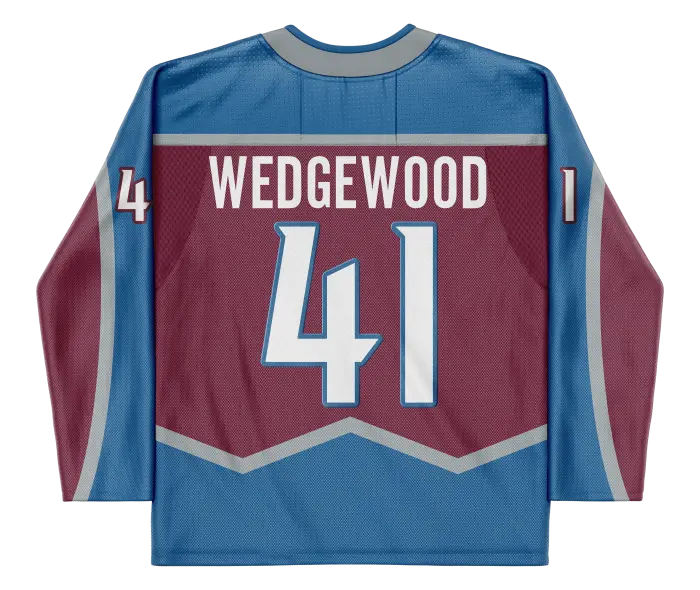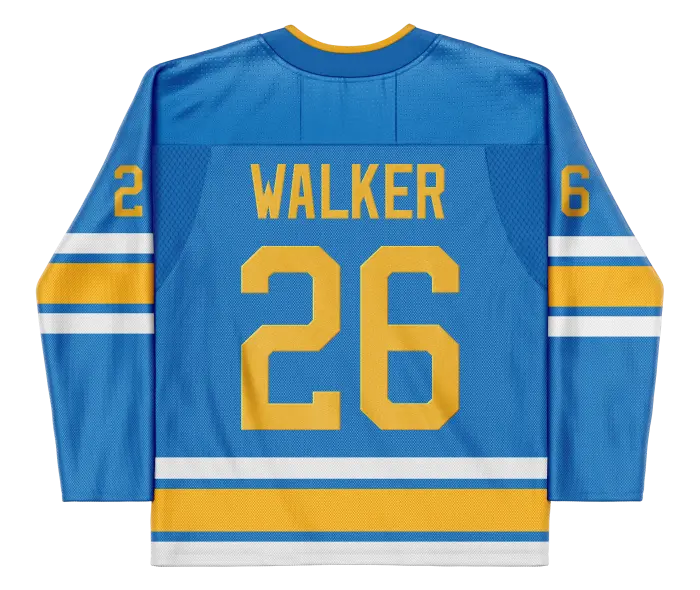NHL Waiver Wire
The NHL implemented the waiver wire to uphold a “competitive balance” in the league. Before the waiver wire, clubs hoarded players and ensured their opponents couldn’t access them. Those players would get sent to the minors and basically get buried, stunting any chance for them to make a name for themselves in the big league. As you can imagine, not only was hoarding players in the minors a hindrance to other teams, but it was also a hindrance to the players themselves. Eventually, things had to change, and that’s when the NHL waiver wire came into play: no longer can a player be buried in the minors (unless nobody wants them).
Types of Waivers
Nevertheless, the NHL wavier wire can be a bit nuanced to a newcomer. Don’t worry, we break it down and do a quick deep dive into the nuts and bolts.
Regular NHL Waivers
Teams will use what NHL executives call “regular waivers” to move players to the minors. Players on entry-level contracts are usually waiver wire exempt, which means teams can send them up and down as they please without risking them being claimed by another team. Players who aren’t waiver wire exempt will usually make the headlines since they can be placed on waivers. Most players playing in the minors are waiver wire exempt. That’s why they get sent up and down so freely throughout the course of a season. Obviously, it’s on a case-by-case basis.
Return Waivers
“Re-entry waivers” used to exist before the NHL and the NHLPA eliminated the clause in the 2012 collective bargaining agreement. The clause was originally put in place because some teams would bury players in the minors, hoping they would pick up their game a bit and call them back up. If such a great thing happened, the team could call them back up without penalty. Too many teams learned to hoard players, so to encourage fairness and do right by the players, the return or “re-entry waivers process” was implemented. When ironing out a new CBA, both sides wanted to tinker with the waiver wire process. A part of that tinkering was getting rid of “re-entry waivers.”
Unconditional Waivers
When a team puts a player on unconditional waivers, it’s usually because the team wants to terminate their contract or buy them out. A contract termination can come about because a player breached their contract. In other words, as a disciplinary action. The more common form is a buyout. The player didn’t breach their contract; it’s just the management most likely determined the player sucks and wants to get rid of as much of the player’s cap hit as humanly possible.
A Quick Word On One and Two-Way Contracts
There’s a common misconception that NHL fans make when referring to one and two-way contracts. What some fans think is if a player is on a one-way deal, they can’t be sent to the minors without going through waivers. Players who are signed to two-way deals can be sent back and forth to the minors freely. Without getting too far into the nuts and bolts, that’s not always the case. You can blame EA Sports’ “Be A GM” mode for that belief.
Generally, a one-way deal ensures that players’ salaries remain the same whether they’re in the minors or the NHL. For example, if a goalie makes $3.55 million in the NHL and gets sent down to the AHL because he couldn’t stop a beach ball, he’ll still make the full $3.55 million in the minors. A player who’s on a two-way contract makes a higher salary in the NHL and a lower one in the AHL. One and two-way deals don’t solely determine waiver wire eligibility.
Time Restrictions Around NHL Waivers
The waiver wire goes into effect 12 days before the start of the regular season and lasts until the day after a team’s regular season is over. Any moves after that are more or less off the books unless certain conditions are met. Then, things get tricky.
When a player gets put on the waiver wire, there’s a 24-hour period where other NHL teams can determine if they want to take a shot on the player and their contract. If a team wants to take a leap of faith and claim the forsaken player, they must wait and see which other teams make a claim. If the worst team in the league (based on the current standings and future projections) makes a claim and the best team also bites on the waived player, the worst team will get the player in the name of “fairness.”
It’s not very often that many teams make a claim on a single player because most teams use the waiver wire to clear cap space. That said, it does happen once or twice a season when a good team is forced to make a tough decision on a decent player.
Strategy Behind NHL Waivers
There are many reasons why NHL transactions will revolve around waiver wire moves. Below, we compiled those reasons and sought to explain the strategy behind each.
Salary Cap
As we alluded to earlier, most players are put on waivers because they’re not living up to their contracts. The front office of the team they play for wants to bury the contract in the minors to open up room for someone who’s worth the money. It’s a harsh truth, but the NHL is a business, and everyone is always looking for a good return on investment. If a player sucks, sometimes that’s what needs to happen, no matter how difficult it might be to pull off.
Contract Termination
For players who are on longer deals, burying them in the minors for the duration of their contract might not be worthwhile. It might just be easier to buy them out or even terminate their contract. Most of the time, when a player gets bought out, the team buying out the player must still pay a cap penalty. That said, it’s usually preferable for NHL executives rather than eating the cap hit and being unable to bolster their team via trades and free agency.
Bad contracts in the NHL are a dime a dozen, so front offices use things like unconditional waivers to move on from their mistakes. Of course, they still take a fat L, but in the same sense, they’ll get some flexibility and a chance to move on. So too does the player.
Moves to the Minor League
At the end of the day, all an NHL general manager really wants to do is send a player to the minors because they’re underperforming. It just so happens the player isn’t waiver wire exempt, and that’s the way she goes. Mind you, in those situations, many people in the front office will know that these players are less likely to get claimed because their value is limited to other teams. In that sense, NHL front offices will feel more comfortable making those moves.
Let’s be honest, even if these players get claimed, odds are they’ll be back on the waiver wire at some point during the season, in which they can be reclaimed. If not, as crappy as this may sound, the player is replaceable.

















